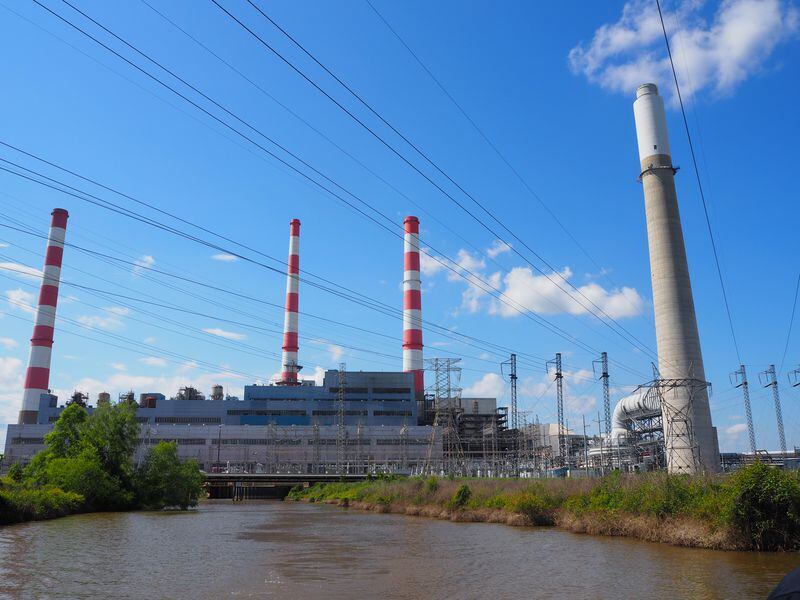Your cart is currently empty!
22 million Tons of Stored Ash Set to be Recycled in Alabama

Alabama Power will join forces with Eco Materials Technologies to build a new coal ash recycling facility in Alabama, America.
The deal is to remove and recycle roughly 22 million tons of coal ash situated in the lagoon near the Mobile River.
This is now the third project for Eco Materials & Alabama Power where recycled coal ash will be transformed into reusable supplementary cementitious materials.
Eco Materials will be using their in-house ES EcoSystem Efficient Carbon Offloading technology. This technology offers a low cost, green solution to reduce the carbon content in coal ash, bringing it up to the required specifications for use in concrete and other building materials.
The ash will be used in concrete blends to repair and construct bridges, roads, and buildings in Alabama, Mississippi, Florida and Louisiana, enhancing the strength, impermeability and durability.
Typically, Eco Material’s exclusive technologies enable the substitution of 20 – 25% of carbon-intensive portland cement in concrete mixes, with the potential for complete replacement up to 100%.
“Alabama Power has a long history of recycling coal ash from its plants for beneficial use in products like concrete and other construction materials”, said Brandon Dillard, Alabama Power senior vice president and senior production officer, West Production Group.
“We’re very pleased that this collaboration with Eco Material will expand our ability to harvest coal ash at the plant and contribute to development of materials that impact the growth of our state.”
Construction of the Plant Barry harvesting plant is expected to begin in 2024. The new facility is expected to be in service by January 2026. The processing plant will run 24 hours a day, 7 days a week and will require a team of approximately 25 employees at full capacity in addition to construction and other temporary jobs.
Eco Material expects the plant will quickly reach full capacity due to high demand for fly ash in the region.
___
Read the original article HERE!
